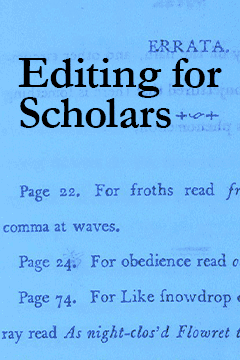Anne Parsons
Anne Parsons
The brief life of Anne Parsons was a search for purity and meaning, a longing for a better world to live in. There was about it the white beauty of a church steeple or of a fresh snowfall in the New England where she was born, at the same time as there was in her the restlessness of the person who can say “no.” Through the lineage of her mother, Helen Walker Parsons, as well as of her renowned sociologist father, Talcott Parsons, Anne was a descendant of Yankee sea-captains, clergymen, physicians, college professors, and of the courageous women who were their mothers, sisters, wives and maiden-aunts. To this heritage, she added that of the radical movement. The person she admired most was Rosa Luxemburg; like Rosa, Anne fought in her own individual manner for freedom. Anne linked her identity to that of the protesters and Protestants in history.
Anne was modest, reticent and shy, but she was brave and fearlessly willing to act on her beliefs. She was on the picket line in the fight for integration; she was active for the Congress of Scientists on Survival; she took part in the campaign for Stuart Hughes in the Italian section of Boston where she had established her home. She dissented and made her disagreement known, even to DISSENT, the magazine she admired. Anne brought her concern for human dignity to the field in which she did her life’s work—anthropology and psychiatry—a field which linked her strivings for human dignity and her concern wi...
Subscribe now to read the full article
Online OnlyFor just $19.95 a year, get access to new issues and decades' worth of archives on our site.
|
Print + OnlineFor $35 a year, get new issues delivered to your door and access to our full online archives.
|




